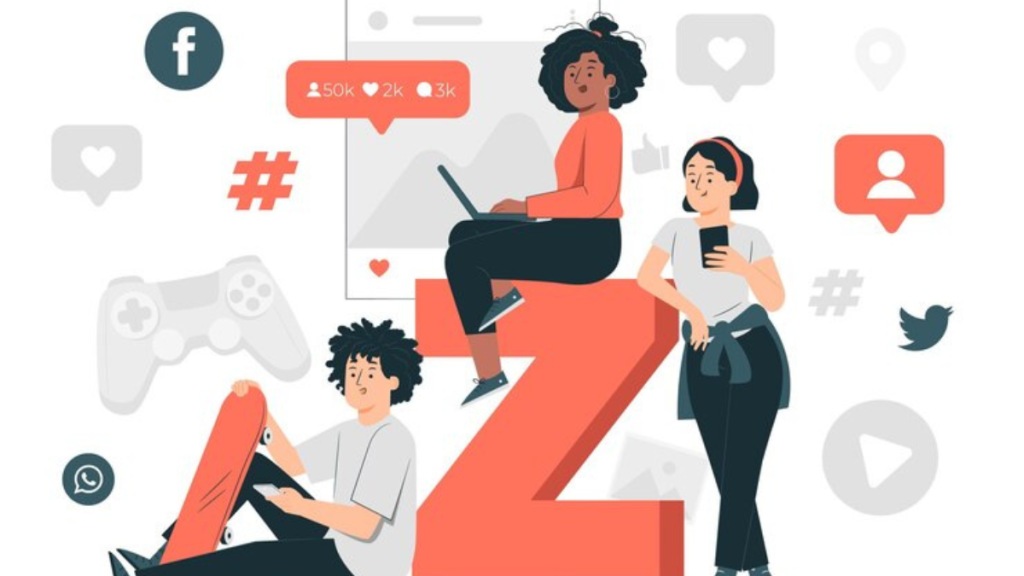Gen Zs and millennials believe that GenAI will have a positive impact on their work-life balance and how they work, reveals Deloitte’s 2024 Gen Z and Millennial Survey. As per the report, 51% of the Gen Zs and 54% of millennials frequently use GenAI at work and strongly feel that it will free up their time for creative and strategic work. However, they are equally convinced that they will need to reskill and GenAI will influence their career decisions and cause some job loss.
The survey also highlights how women are more upbeat about GenAI and slightly more comfortable working with it than men. Both generations, Gen Z and millennials, across genders are expected to seek training around GenAI. In addition, 8 in every 10 Gen Z, that is 81%, and 88% millennial respondents feel that their employers are providing sufficient training on the capabilities, benefits and value of GenAI.
Talking about the report, Deepti Sagar, chief people and experience officer, Deloitte India said that millennials and Gen Zs are an integral part of every business today. “They are the agents of change and contribute significantly to shaping the future of work. More than half of the respondents are excited about GenAI and believe that this new technology will positively impact their work-life balance, allowing more time for creative and strategic work,” Sagar added.
Need to address environmental sustainability
The report also presents climate change as a major concern for Gen Zs and millennials as more than 80% of both groups say that they felt anxious about the environment in the past month and feel that governments can push businesses to take climate-positive actions.
Over 30% of Gen Z and millennials have ended or reduced their relationship with an organisation because their products and services affect the environment. Both generations are equally concerned about climate change, with 84% of Gen Zs and 90% of millennials actively trying to minimise their impact on the environment.
Job satisfaction and return to office policies
86% Gen Z and 96% millennials believe that workplace satisfaction and well-being are the key drivers to join an organisation. Interestingly, the generations are even willing to reject assignments and employers based on their ethics or beliefs as 69% Gen Zs and 67% millennials have rejected such assignments. Gen Zs and millennials also have high expectations from businesses addressing social inequality issues related to environment protection, inclusive employment opportunities, equal pay, mentorship, educational programmes, among other concerns.
While the past year has seen a continued shift towards more on-site work, with more than two-thirds of respondents returning to work. Both generations are more likely than the global average to prefer the hybrid work model, with Gen Zs more inclined towards remote working.
However, one of the top two reasons cited by Gen Zs for leaving an organisation, along with a lack of growth opportunities, is not being able to physically interact with their colleagues.

